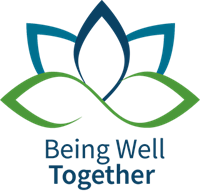 The ACR® is committed to supporting your well-being. Resources like these, curated by fellow radiologists, are designed to help identify activities that can enhance your well-being and mitigate burnout. These resources are part of the ACR Radiology Well-Being Program, which includes access to the Well-Being Index for ACR members and an ACGME-aligned well-being curriculum for program directors.
The ACR® is committed to supporting your well-being. Resources like these, curated by fellow radiologists, are designed to help identify activities that can enhance your well-being and mitigate burnout. These resources are part of the ACR Radiology Well-Being Program, which includes access to the Well-Being Index for ACR members and an ACGME-aligned well-being curriculum for program directors.